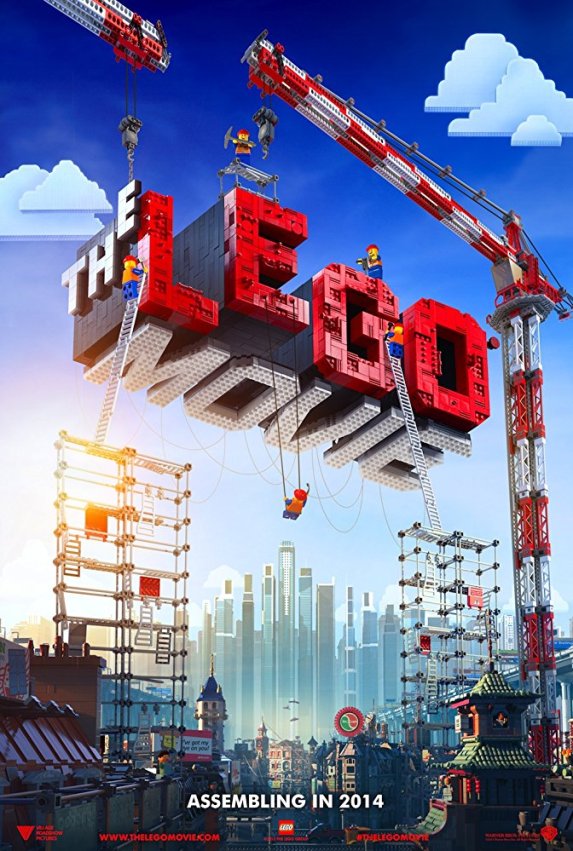
The Lego Movie is a wonderful surprise – here is a clever and boundlessly inventive film that works as broad comedy, madcap action, and a huge “Fuck You” to anyone who follows the directions on their Lego sets. Phil Lord and Christopher Miller work their magic again, taking another dubious property (the directorial duo’s previous films include adaptations of the children’s book Cloudy With A Chance Of Meatballs and a revival of the ‘80s TV show 21 Jump Street) and fully re-imagining it. Lord and Miller have an incredible skill for mining these properties for any genuine narrative value they possess and then smoothing over the awkward bits with a layer of self-referential irony. Here, they use the Legos brand to tell to tell a rousing adventure tale – admittedly, one whose story makes increasingly less sense upon closer examination – about an everyman who gets pulled into a wild saga, teams up with a group of zany heroes, and takes on a powerful villain.
As has become the norm with CGI family blockbusters, The Lego Movie boasts a spectacular voice cast. But, ultimately, two qualities help set the film apart. One, thanks to Legos myriad licensing agreements, The Lego Movie is allowed to portray tons of iconic characters, including Han Solo, Gandalf, and legitimately one of the best cinematic takes on Batman yet (voiced by a mock-brooding Will Arnett, satirizing DC’s grim fetishization of the character). Furthermore, the film’s visuals are spectacular – a stop-motion-inspired animation style recreates the aesthetic of the titular block, and the action scenes are wild, kinetic joyrides.
Not that The Lego Movie is perfect. As previously mentioned, the film serves as an extended, comprehensive, and somewhat head-scratching middle finger to anyone who chooses to follow directions or make accurate models with Lego blocks. It’s sort of an odd, exclusionary message which seems to unnecessarily alienate a lot of the product’s fanbase. Additionally, The Lego Movie loses steam in an increasingly sappy final reel, which strays from the central narrative and takes about 15 minutes to explicitly act out the subtext about free-spirited creativity. Surprisingly enough, it’s the The Lego Movie‘s idealogical conceits – particularly its reductive fetishization for coloring outside the lines – that are an otherwise winsome project’s biggest flaws.
